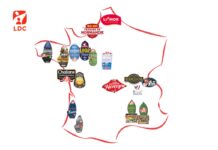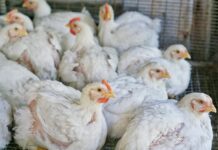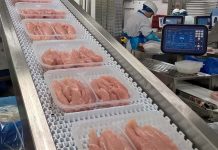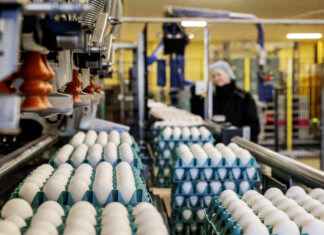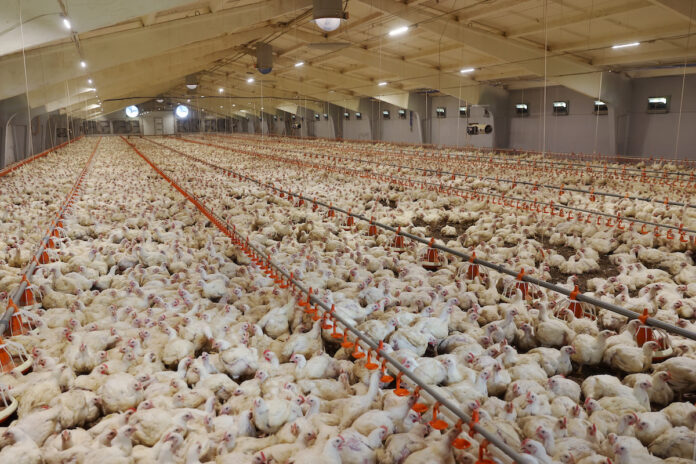
The European Council has approved a landmark decision to reduce or eliminate customs duties on a range of Ukrainian agri-food products, strengthening trade ties and paving the way for closer economic alignment as part of Ukraine’s EU accession process.
The agreement, adopted in Brussels this week, follows the June 2025 preliminary deal between the European Commission and Ukraine to review the Deep and Comprehensive Free Trade Area (DCFTA) — a core pillar of the EU-Ukraine Association Agreement in place since 2017.
Expanding market access while protecting sensitive sectors
Under the new framework, tariff reductions will apply to key agricultural and food categories, including dairy products, fruit and vegetables, meat and meat preparations. At the same time, the deal preserves safeguards for some of the most sensitive commodities, notably poultry, eggs, sugar, wheat, maize, and honey, where market access will remain limited and phased to prevent disruptions in the EU’s agricultural markets.
“Today’s decision reaffirms the EU’s unwavering and multifaceted support for Ukraine, after three years of Russia’s unprovoked and unjustified military aggression,” said Lars Løkke Rasmussen, Denmark’s Minister of Foreign Affairs. “Both the EU and Ukraine will benefit from the elimination of customs duties, leading to sustained economic stability, enduring trade relations, and further Ukrainian integration with the Union.”
Alignment with EU standards and safeguard mechanisms
The decision reinforces that Ukraine’s expanded market access will depend on its progressive alignment with EU standards in critical areas such as animal welfare, pesticide use, and veterinary medicines.
A robust safeguard mechanism will allow either party to act swiftly if sudden import surges or market disruptions threaten EU producers.
This dual approach seeks to balance support for Ukraine’s economy—still under the strain of war—with protection for EU farmers, particularly in sectors already facing competitive pressures from lower-cost imports.
A step toward long-term integration
The move forms part of the EU’s broader strategy to create a predictable, reciprocal, and long-term trade environment with Ukraine. Once formally adopted by the EU-Ukraine Association Committee in trade configuration, the measure will accelerate the elimination of customs duties and deepen economic ties across the region.
Originally signed in 2014 and in force since 2017, the EU-Ukraine Association Agreement aims to strengthen political cooperation, modernize Ukraine’s economy, and promote shared values.
Following Russia’s invasion in 2022, the EU has granted exceptional trade liberalization measures, including autonomous trade preferences, which expired in June 2025 and are now being replaced by this updated framework.
The Council’s decision marks another milestone in Ukraine’s economic integration with the European Union — a development expected to enhance resilience and competitiveness across the agri-food sector.
Source: Council of the European Union


